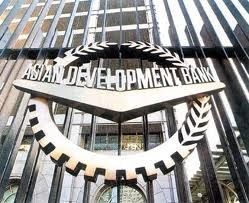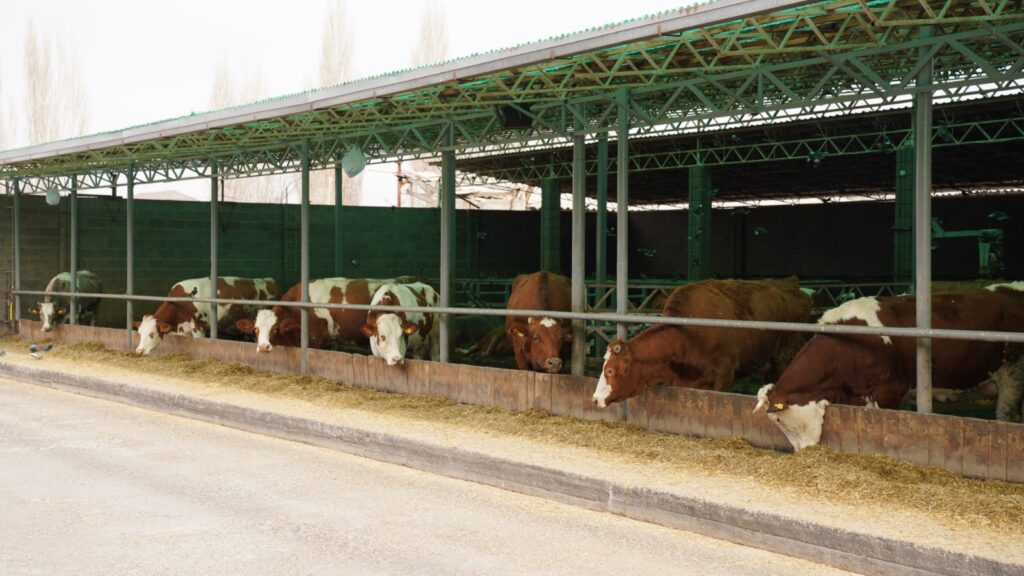BISHKEK (TCA) — The Asian Development Bank’s (ADB) operations—comprising approvals of loans and grants, technical assistance, and co-financing—reached an all-time high of $27.15 billion in 2015, an increase of about 19% over the $22.89 billion in 2014, the ADB said.
ADB’s approvals of loans and grants, sovereign (governments) and non-sovereign (primarily private sector), reached a record $16.58 billion—a 23% increase from 2014. Technical assistance amounted to $144 million and co-financing increased by 13% to a record $10.43 billion in 2015.
Out of the $16.58 billion, sovereign loan and grant approvals increased by 21% to $13.95 billion in 2015.
Non-sovereign approvals made a big leap from $1.92 billion in 2014 to $2.63 billion in 2015. In addition to a volume increase, ADB increased its allocation to the poorest countries to 40% of non-sovereign approvals. ADB is now making active use of local currency lending to the private sector and increased bond issuances in local currencies to support the lending.
“Our record performance last year reflected strong and growing demand from the Asian and Pacific region,” ADB President Takehiko Nakao said. “Infrastructure and other development needs are huge and poverty remains pervasive despite the region’s robust growth performance.”
Among ADB’s operational highlights last year were the quick response to natural disasters, especially the Nepal earthquake in April and the Vanuatu cyclone in March; and support for necessary fiscal measures of countries suffering from lower commodity prices and volatility in financial markets, such as Kazakhstan and Mongolia.
In 2015, ADB was among the first multilateral development banks to commit a sizable climate finance target. In late September, ADB announced it would double its annual climate financing to $6 billion by 2020, up from the current $3 billion.









